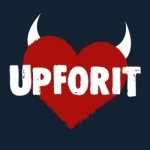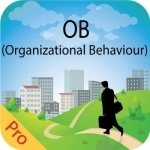
Singing Vocal Warm Ups - Singer's Friend
Music and Education
App
** Featured by Former X Factor Band "The Risk" **...

Draw Something Classic
Games and Entertainment
App
"Draw Something is the coolest social drawing game around! Draw and Guess everything from doodles to...

UpForIt -Top online dating app for local singles
Social Networking and Lifestyle
App
Want a super love adventure with your perfect match? Then the UpForIt app is the best choice for...

Precision Violin Tuner
Music and Utilities
App
Spend less time tuning, and more time playing. Precision Violin Tuner utilises your built-in...

MBA Organizational Behavior
Business and Book
App
Management in businesses and organisations is the function that coordinates the efforts of people to...

Transantiago Bus Checker - Live Santiago Bus Times
Travel and Lifestyle
App
Transantiago Bus Checker brings you live bus times, smart journey planning and detailed route maps...

Jane's Hotel 2: Family Hero HD
Games and Entertainment
App
Restore your family chain of hotels in this sequel to the famous strategy game. After building her...

Clever Gut Diet Cookbook: 150 Delicious Recipes to Help You Nourish Your Body from the Inside Out
Book
“Now readers can implement a diet plan and understand why it's going to work." —Dr. Barry...
health and fitness

Foursquare City Guide
Food & Drink and Travel
App
Find the best restaurants, bars and more. Foursquare City Guide will lead you to the perfect spot --...

Yummly Recipes & Shopping List
Food & Drink and Lifestyle
App
Yummly is your smart cooking sidekick, offering personalized guidance every step of the way. From...